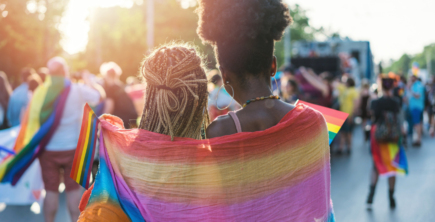
LGBT
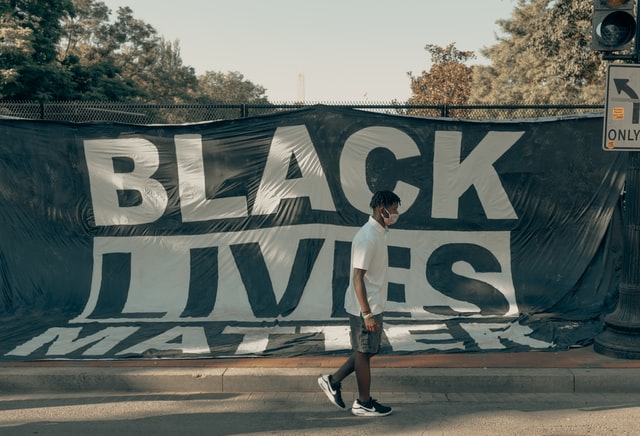
Image courtesy of Clay Banks.
The year 2020 will be remembered as a moment of crisis and monumental change. In the past five months alone, we have experienced the compounding effects of a global coronavirus pandemic—which has disrupted every aspect of our normal routines and exposed inequities within our society and the inadequacies of our systems—and a series of brutal police-involved killings of unarmed Black people, many of whose final moments were captured on video and made viral. Both crises have disproportionately impacted Black communities. Black counties account for over half of the coronavirus cases in the U.S. and nearly 60 percent of deaths, and Black people are three times more likely to be killed by police than white people.

Image © Clay Banks
There is currently tremendous energy around #BlackLivesMatter. However, some are skeptical about whether the movement can be sustained for long enough to affect significant systemic change.
The historical legacy of systemic racism underpins the stark racial inequities that exist within our society. Issues like inequitable food access (food deserts), racial housing segregation (redlining), racism within health care (Tuskegee study), slave patrolling (origins of policing), and numerous other policies continue to play a role in hindering the potential of Black lives. Many people are waking up to see that systemic racism is a common denominator underlying the health, economic, and social disparities that Black communities face. This realization has brewed outrage, and millions of people across the world have expressed this outrage through protest. The scale of these demonstrations is different than anything that the U.S. has seen before, with some arguing that Black Lives Matter may be the largest movement in U.S. history.
There is currently tremendous energy around #BlackLivesMatter. However, some are skeptical about whether the movement can be sustained for long enough to affect significant systemic change. This skepticism comes from witnessing numerous prior protests that erupted in response to police killings that did not result in police accountability nor the change necessary to prevent new tragedies. Data shows that 99 percent of killings by police from 2013 to 2019 did not result in officers being charged with a crime, and tactics like body cameras and bias training are simply not enough to prevent police brutality on a large scale.
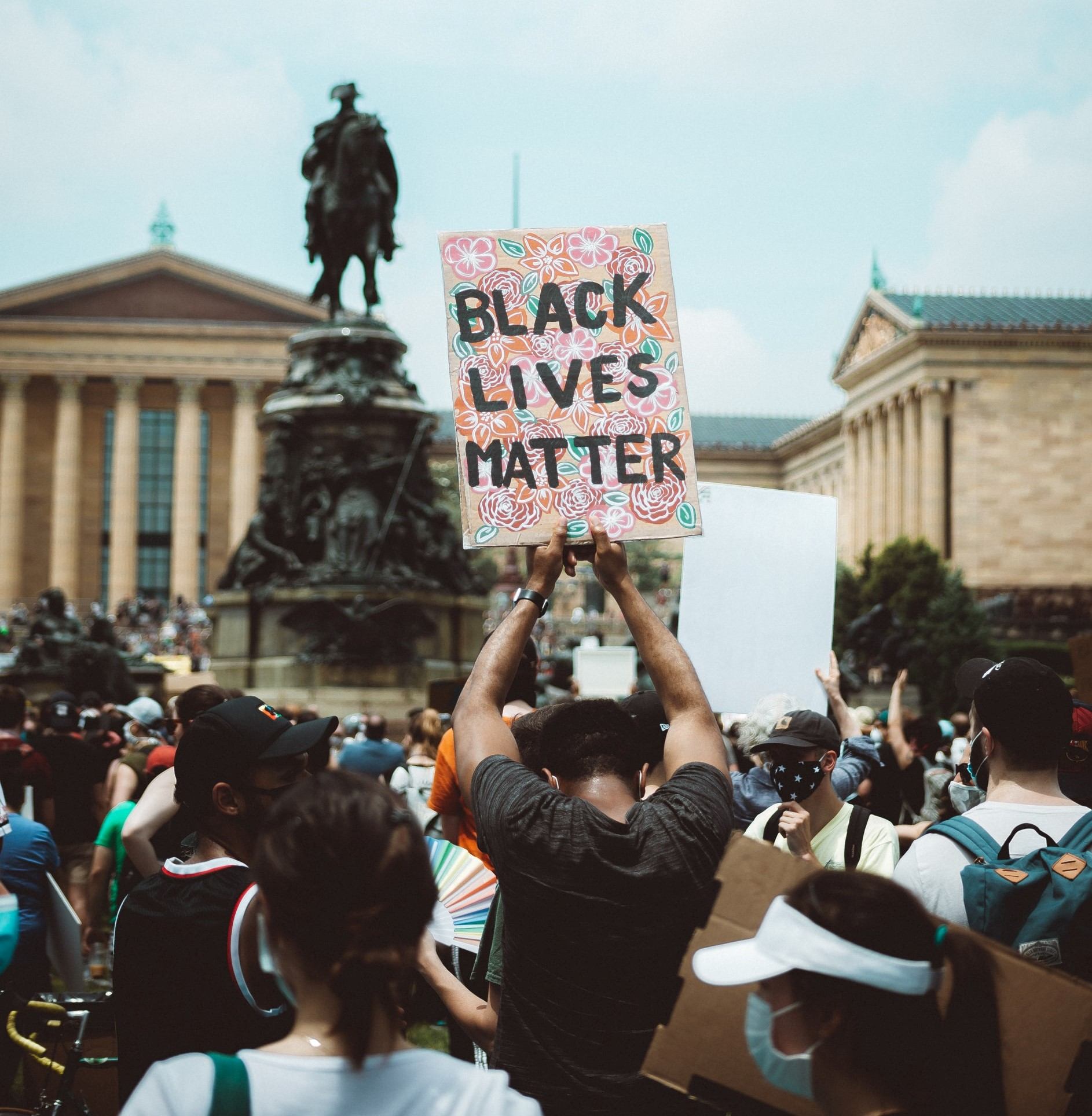
Image © Chris Henry
So what will it take? What must be done to change the criminal and legal systems to ensure that they uphold justice and police accountability? How can we transform the momentum that has emerged from the 2020 anti-racism protests into policies that promote racial equity? How can philanthropy contribute to this transformation?
The first step to figuring out the answers to these questions is to understand the foundational movement-level work of leaders of the past and present. By exploring their work we can gain insight on best practices and lessons learned to inform new approaches for sustained change.

Civil Rights Movement Co-Founder Dr. Ralph David Abernathy and his wife Mrs. Juanita Abernathy follow with Dr. and Mrs. Martin Luther King as the Abernathy children march on the front line, leading the Selma To Montgomery March in 1965.
Most of us are familiar with the early activists of the abolitionist and civil rights movements who played a pivotal role in fighting against racial oppression in the US. Harriet Tubman, Frederick Douglas, Sojourner Truth, W. E. B. Du Bois, Dr. Martin Luther King, Jr., Malcolm X, Rosa Parks, the Freedom Riders, and many others paved the way for racial equity. Today’s Black activist leaders such as Melanie Campbell, Lateefah Simon, Bryan Stevenson, Alicia Garza, Patrisse Khan-Cullors, Opal Tometi, and so many more are building upon their legacy. Today’s leaders have made the fight for equality more inclusive by recognizing the intersections between race, sex, gender, wealth, immigration status, and other social factors of relevance. Activist leaders today are leveraging social media to amplify their messages, expand their reach, and call in people of all walks of life to take action. They are developing campaigns, creating hashtags, and proposing solutions that are gaining momentum. These leaders make up the increasingly powerful collective that is shifting mindsets and demanding change.
The dedicated work of today’s civil rights leaders have prompted key wins in 2020, progress that has been decades in the making and builds upon the successes of previous movements. In the weeks following George Floyd’s death, police reforms have been announced in cities across the U.S. City police departments are banning chokeholds and applying stricter rules around the use of body and dashboard cameras. In Louisville, the city where Breonna Taylor was tragically killed by police who entered her home (the wrong home) unannounced, the Louisville metro council unanimously voted to pass “Breonna’s Law” banning “no-knock” warrants.
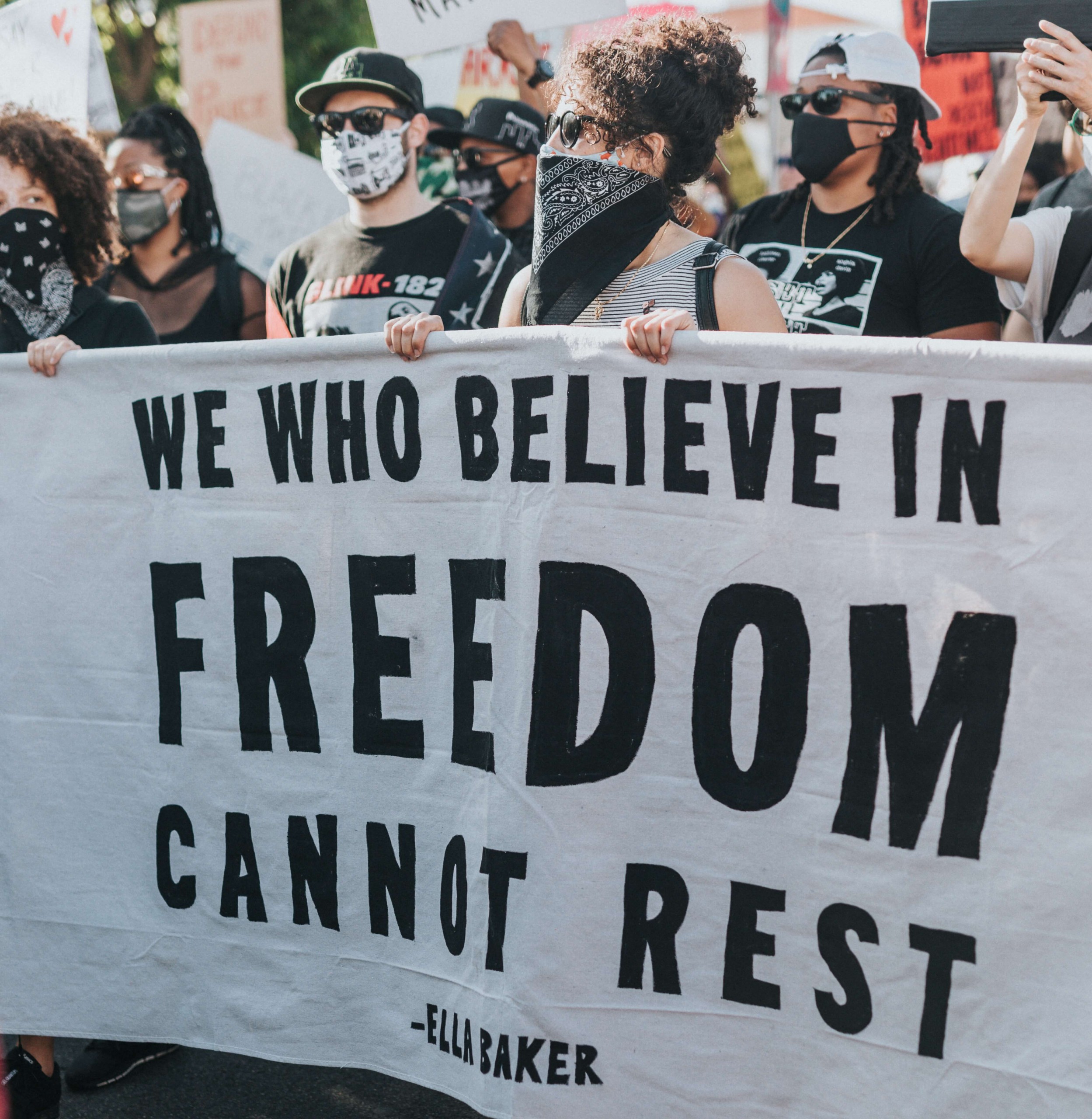
Image © Nathan Dumlao
In addition to reforms to police conduct, many cities are rethinking how they are funding police departments themselves. Cities like Los Angeles, Baltimore, Portland, Philadelphia, New York, and Seattle have pledged to cut millions of dollars in funding for police departments and are committed to reallocating the funding to programs like affordable housing, youth activities, healthcare, and mental health. In Minneapolis, where George Floyd was killed, the City Council voted unanimously to not only require police officers to intervene in unauthorized use of force and ban chokeholds, but also to approve a charter amendment to dismantle its police force and replace it with a department of community safety and violence prevention. Even school districts are assessing whether they need to rely on police for school safety. In June, the Oakland Unified School District Board of Education passed the George Floyd Resolution, eliminating the schools’ police department and instead supporting positions like school-based social workers, psychologists, and restorative justice practitioners.
Policy action is also taking place at the state and federal level. In California prosecutors are working to unlink the financial ties between police and district attorneys by lobbying the state bar to ban district attorneys from accepting money from police unions. And in Congress, both parties have introduced bills such as the George Floyd Justice in Policing Act, the Justice for Breonna Taylor Act, the End Qualified Immunity Act, and the Justice Act to change the law enforcement system and address racial profiling and police brutality.
Lastly, we are also witnessing symbolic changes: at least 22 cities, from Minnesota to Jacksonville, Florida, have either removed or approved the removal of Confederate monuments, and in June Mississippi’s Governor signed a bill to retire the last US state flag that features the Confederate battle flag.
These changes are victories that deserve recognition. However, they are not enough, and we cannot stop here. Restitution will require ongoing engagement and continuous action. This movement demands that we work collectively to transform early signs of change into sustainable progress. Many are looking for long-term solutions to racial inequity, systemic racism, and police brutality that go beyond reforming the existing systems. Some are calling for reimagining the relationship between police and communities, which for too long has been based in fear, prejudice, and abuse of power. Others are advocating for defunding, dismantling, or abolishing the police system altogether and reallocating funds to services like youth activities, health care, and affordable housing.
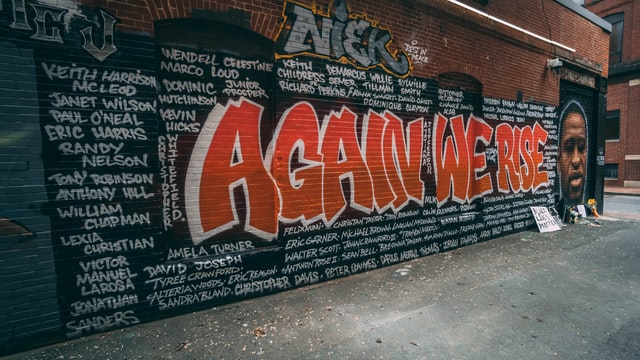
Image © Mercedes Mehling
Achieving monumental societal change will require broad civic engagement and authentic partnerships with the communities that have lived experience. Recognizing that voter mobilization and engagement is a key piece to advancing policy changes, campaigns like Black Lives Matter’s #WhatMatters2020 are galvanizing supporters to the polls. Organizations and campaigns like these are working to create broader awareness about who has the power to make decisions about issues that systematically and disproportionately affect Black communities. Further, they are providing people with tools, education, and resources to hold their representatives accountable for how their policies and investments affect low-income communities and people of color.
For philanthropy, this movement is an opportunity to learn from new forms of social justice leadership and infrastructure and make change within our own system. As a field that bears a concentration of wealth and has a history of racial bias, philanthropy has a responsibility to hold itself accountable, interrogate its role, and correct it. Cheryl Dorsey’s “Overcoming the Racial Bias in Philanthropic Funding” details the impact of racial bias in the philanthropic process. Dorsey notes, “The unrestricted net assets of the black-led organizations are 76 percent smaller than their white-led counterparts.” Further “only 25 percent of family foundations use formal diversity, equity, and inclusion (DEI) goals or strategies to guide their giving”.
As primary decision-makers and holders of the purse strings of philanthropic giving, board members and foundation staff must evaluate their monetary contributions to Black-led organizations and make a long-term commitment to reshape the processes that permit disparities to remain in the sector.
We elevate place-based funders like the Akonadi Foundation and The San Francisco Foundation and collaborative funder networks like Justice Funders and Neighborhood Funders Group that offer models and capacity-building supports for acting in solidarity and advancing a just transition for philanthropy.
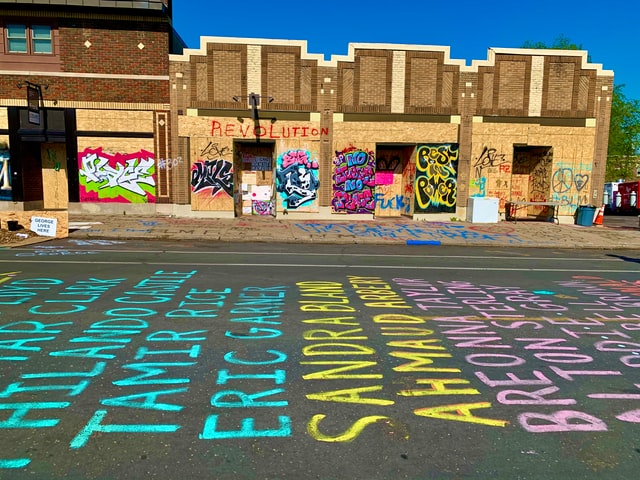
Image © Jéan Béller
The Black Lives Matter movement has provided a necessary lightning rod to spark conversations within organizations across America, including at Tides. We must ask ourselves, “Are we doing enough to support our Black, Indiginous and POC communities?” As Darren Walker, president of the Ford Foundation, discussed in a recent Time article, our privilege in this economy has been compounded, while those who don’t have assets are left farther and farther behind. As explained by Walker, many organizations and foundations are reluctant to change and struggle to recognize that equity demands prioritizing the needs and aspirations of communities that have historically been left out. In recognizing this inequity within our philanthropic organizations, we take action towards progress. Let this be an invitation to locate where your foundation stands in its journey toward racial justice. It is our shared responsibility to reckon with our contribution to systemic and institutionalized racism so we can mobilize with clear agendas.
We honor the lives of George Floyd, Breonna Taylor, Tony McDade, Philando Castille, Stephon Clark, Alton Sterling, Walter Scott, Sandra Bland, Tamir Rice, Michael Brown, Eric Garner, Oscar Grant, and countless others who have lost their lives to police violence and injustice. Black Lives Matter. May we continue the necessary work to ensure that our systems, practices, and policies reflect this truth.

LGBT
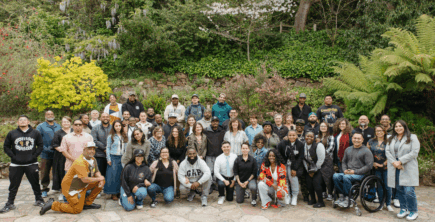
Corporate Partners

Philanthropy

Read the stories and hear the voices of social change leaders fighting for justice.